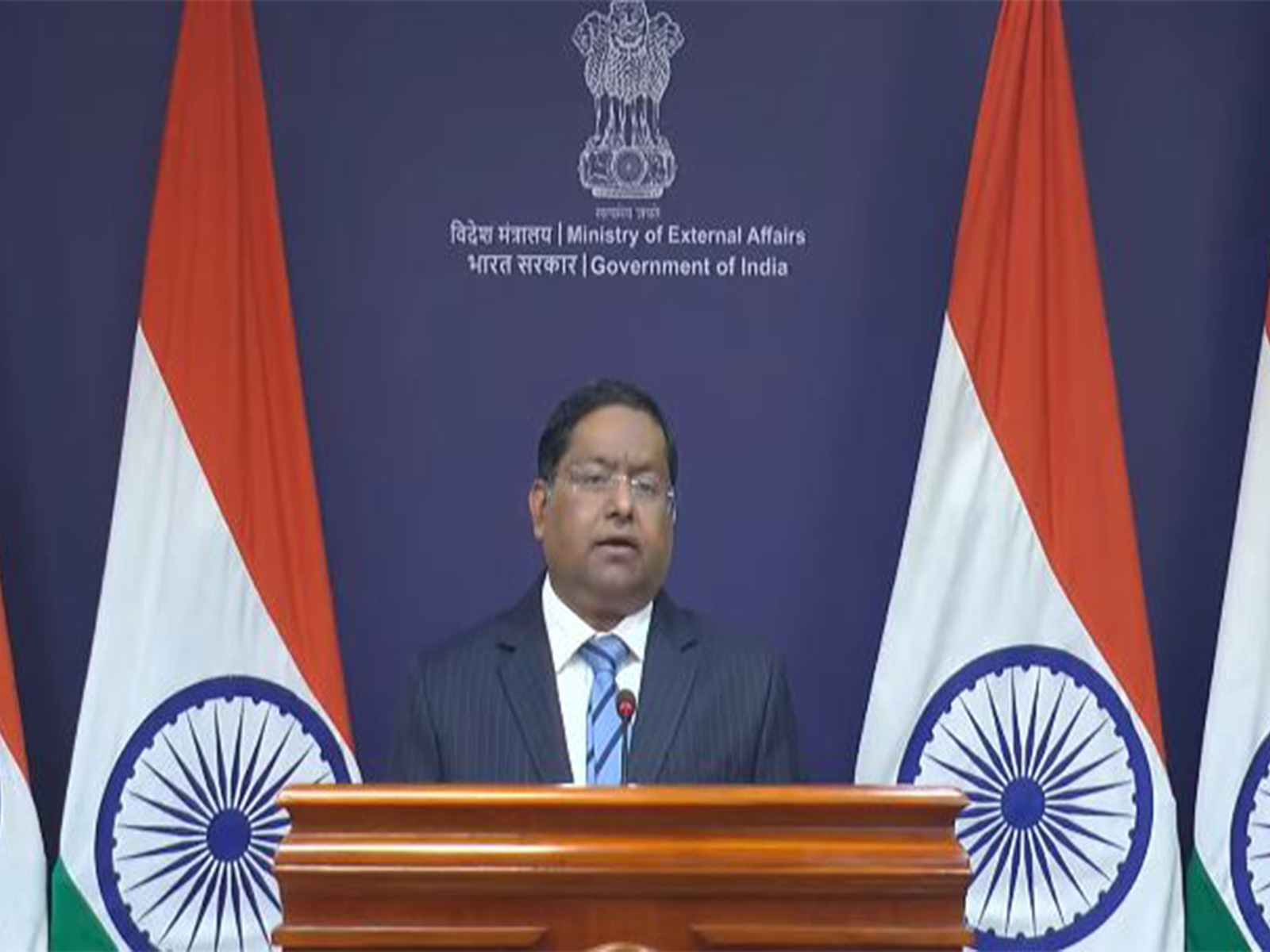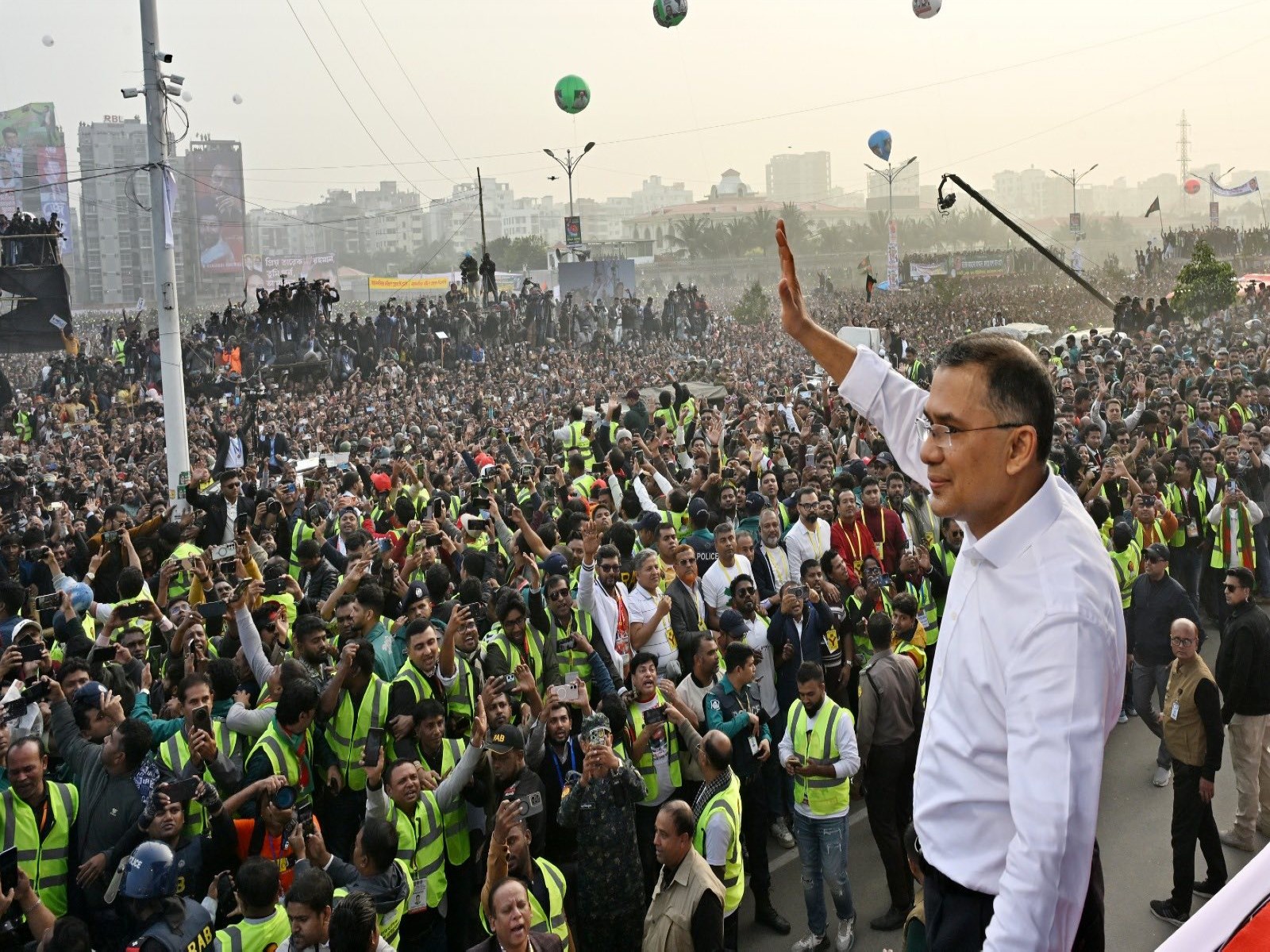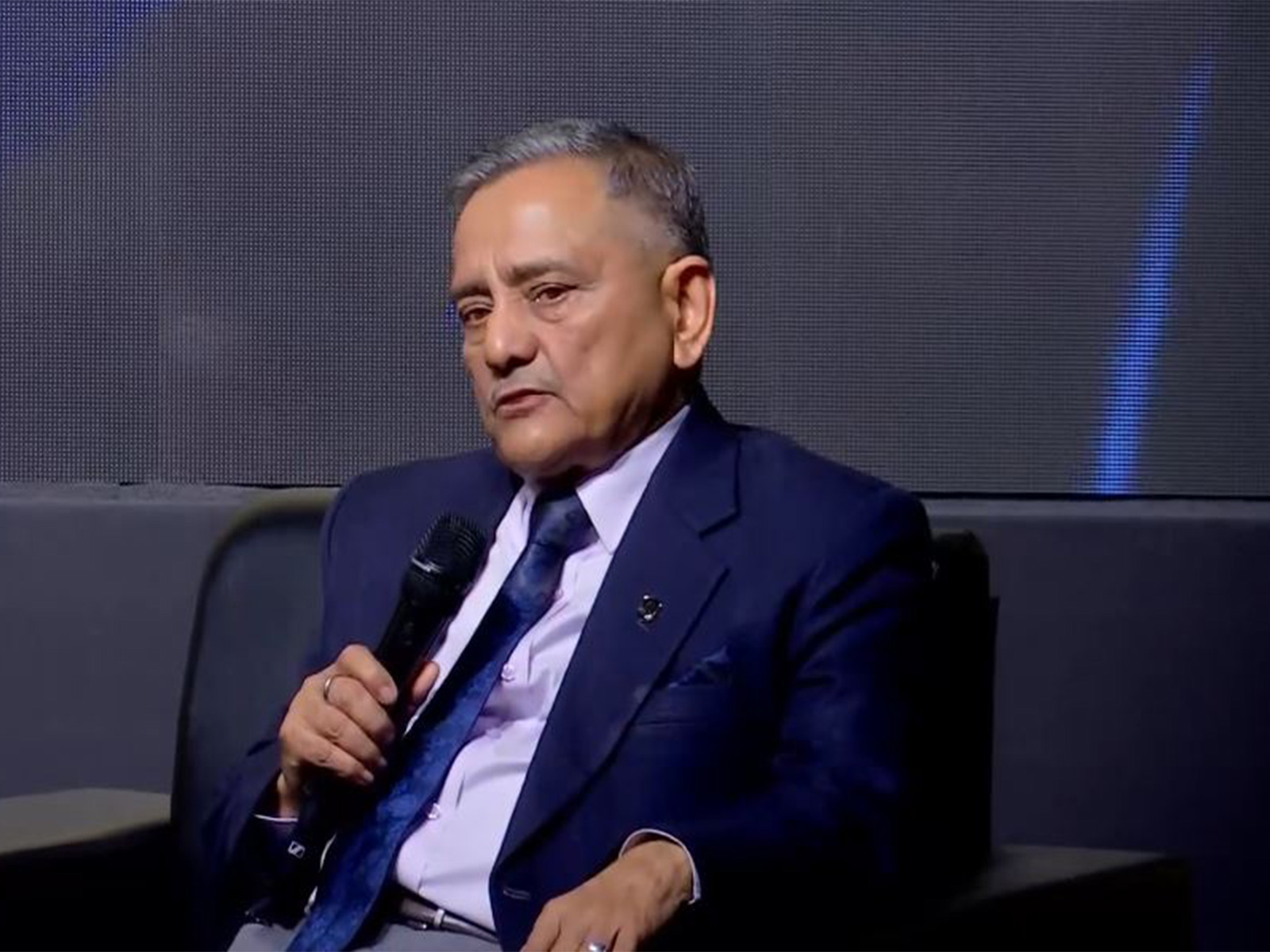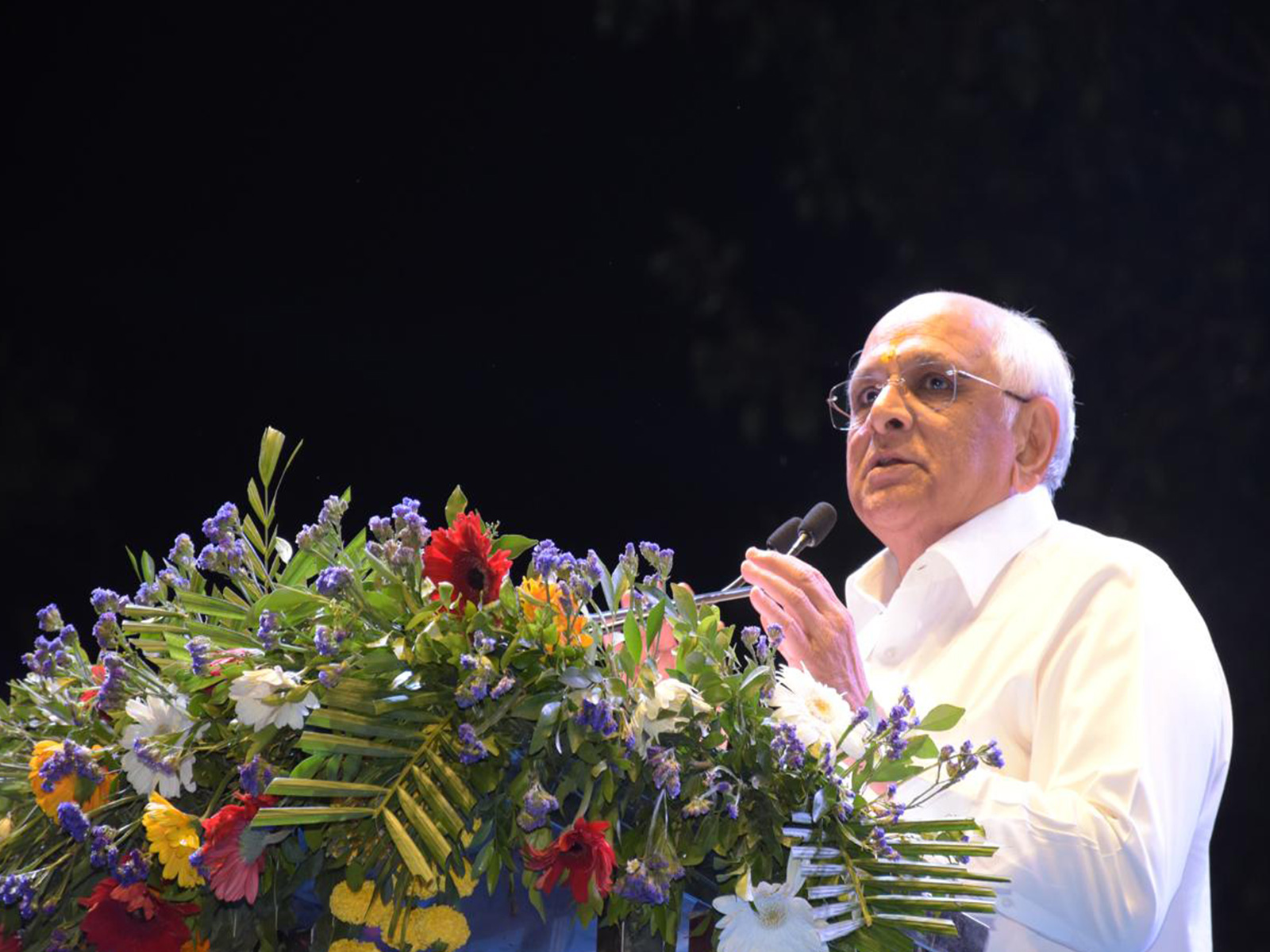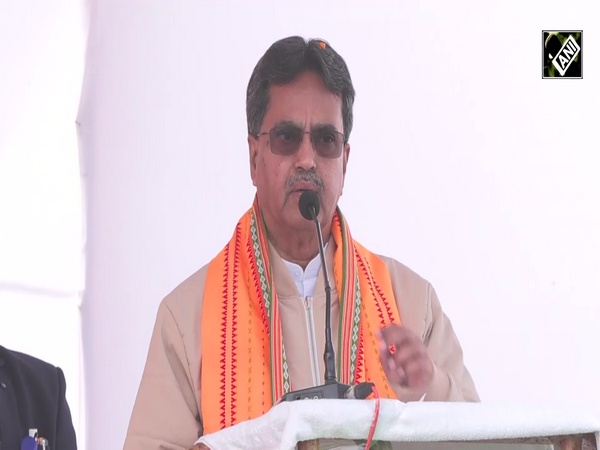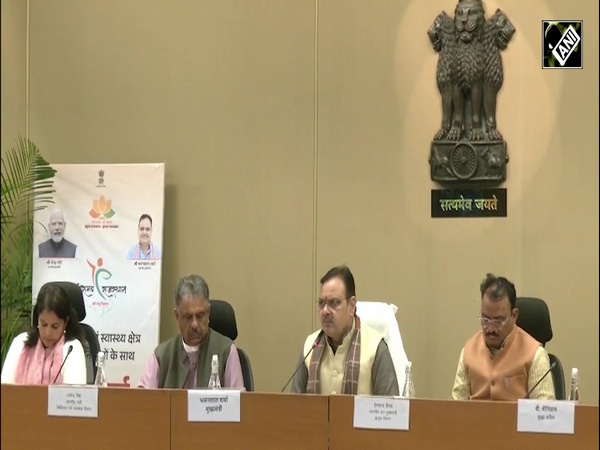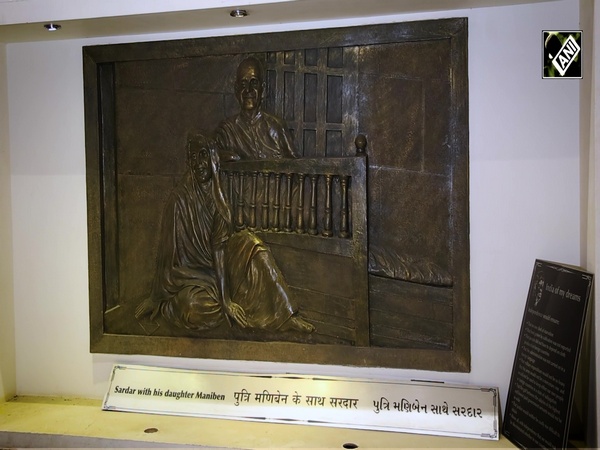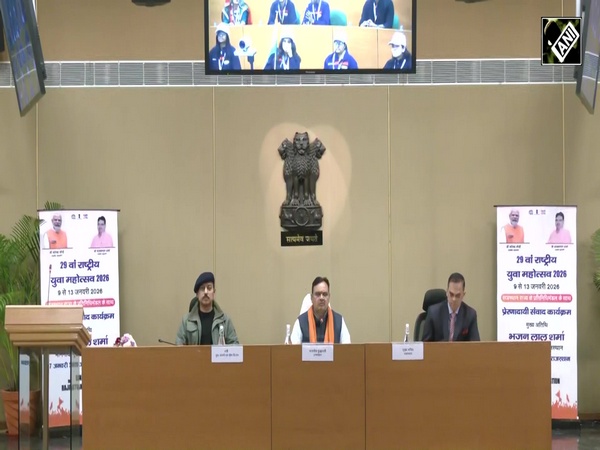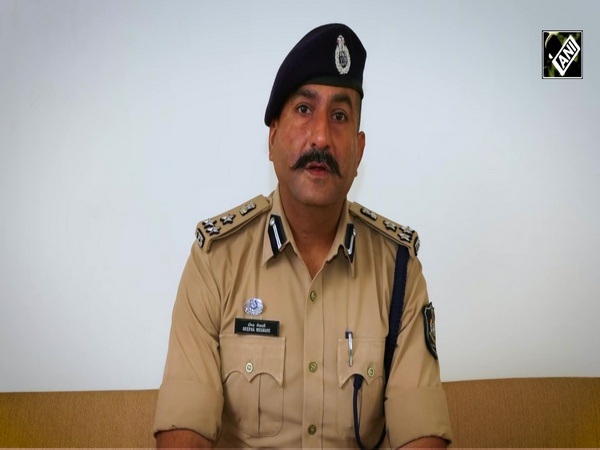US Secretary of State Antony Blinken arrives in Israel to push for hostage deal
Aug 19, 2024

Tel Aviv [Israel], August 19 : US Secretary of State Antony Blinken arrived in Tel Aviv on Sunday to push for a hostage deal between Israel and Hamas, The Times of Israel reported. It is Blinken's ninth visit to Tel Aviv since the war between Israel and Hamas started in October.
During his visit, Blinken is set to meet Israeli leaders, including Israeli Prime Minister Benjamin Netanyahu, as the White House indicates that a deal is ready to be closed.
Mid-level Israeli negotiators held talks in Cairo on Sunday after holding discussions for two days in Qatar, sparking optimism among the mediating nations. Working groups continue to stay in Doha.
Shortly before Blinken arrived in Israel, Netanyahu said that he was sticking to his demands, calling for more pressure on an inflexible Hamas, potentially trying to lower expectations as Washington has expressed optimism, according to The Times of Israel report.
"I want to emphasize," Netanyahu said at the weekly cabinet meeting, "we are conducting negotiations ["give-and-take" in Hebrew], and not give-and-give. There are areas where we can show flexibility, and there are areas where we can't show flexibility -- and we are standing firm on them. We know quite well how to distinguish between the two."
During the cabinet meeting, he said, "Alongside the great efforts we are making to return our abductees." He said, "We stand firm on the principles we have established, which are essential to Israel's security."
Netanyahu said that the principles are "consistent with the May 27 outline, which received American support." However, he is reported to have since made demands that have not been included in that proposal.
On May 31, US President Joe Biden publicly presented Israel's proposal, which was shared with the White House.
The framework for the deal included three stages, with the first six-week period seeing a pause in Israel's ground operations and withdrawal of soldiers in exchange for the release of 33 hostages in the categories of women, children, elderly and injured, and Israel releasing 990 Palestinian prisoners.
Hamas, as well as some analysts and Israeli protesters, have accused Netanyahu of hamstringing the deal to protect his ruling coalition.
Speaking to reporters after talks in Doha last week, a US official said the Israeli team sent to Qatar was now "clearly empowered," in an apparent nod to Netanyahu, who has been accused of not giving enough leeway to his negotiators to secure a deal.
In his remarks on Sunday, Netanyahu said that Hamas was refusing to close a deal. He said, "It did not even send a representative to the talks in Doha. The pressure should be directed at Hamas and [its leader, Yahya Sinwar, not at the Israeli government."
He said, "Strong military pressure, and strong diplomatic pressure, is the way to achieve the release of our hostages."
The stakes around a hostage deal and ceasefire have further increased after the killing of Hamas political bureau chief Ismail Haniyeh and Hezbollah's military chief, Fuad Shukr, and as the humanitarian crisis in the Gaza Strip deepened with a feared polio outbreak, The Times of Israel reported.
Iran has indicated that it is holding off on launching an attack on Israel while the ceasefire talks are underway. However, Iran will launch a direct attack if the talks fail or it perceives Israel is dragging out negotiations.
The war in Gaza started after Hamas terrorists infiltrated Israel on October 7, killing some 1,200 people and kidnapping 251. It is believed that 111 of those hostages remain in Gaza, including the bodies of 39 confirmed dead by the Israel Defence Forces (IDF).
Earlier in November, Hamas released 105 civilians during a weeklong truce and four hostages were released before that. Israeli troops rescued seven hostages alive and the bodies of 24 hostages have also been recovered, including three mistakenly killed by the military as they attempted to escape their captors, The Times of Israel reported.
Hamas is also holding two Israeli civilians who entered the Gaza Strip in 2014 and 2015 and the bodies of two IDF soldiers who were killed in 2014. The Hamas-run Gaza health ministry has said that more than 40,000 people in the Gaza Strip have been killed or are presumed dead since the war began in October.
